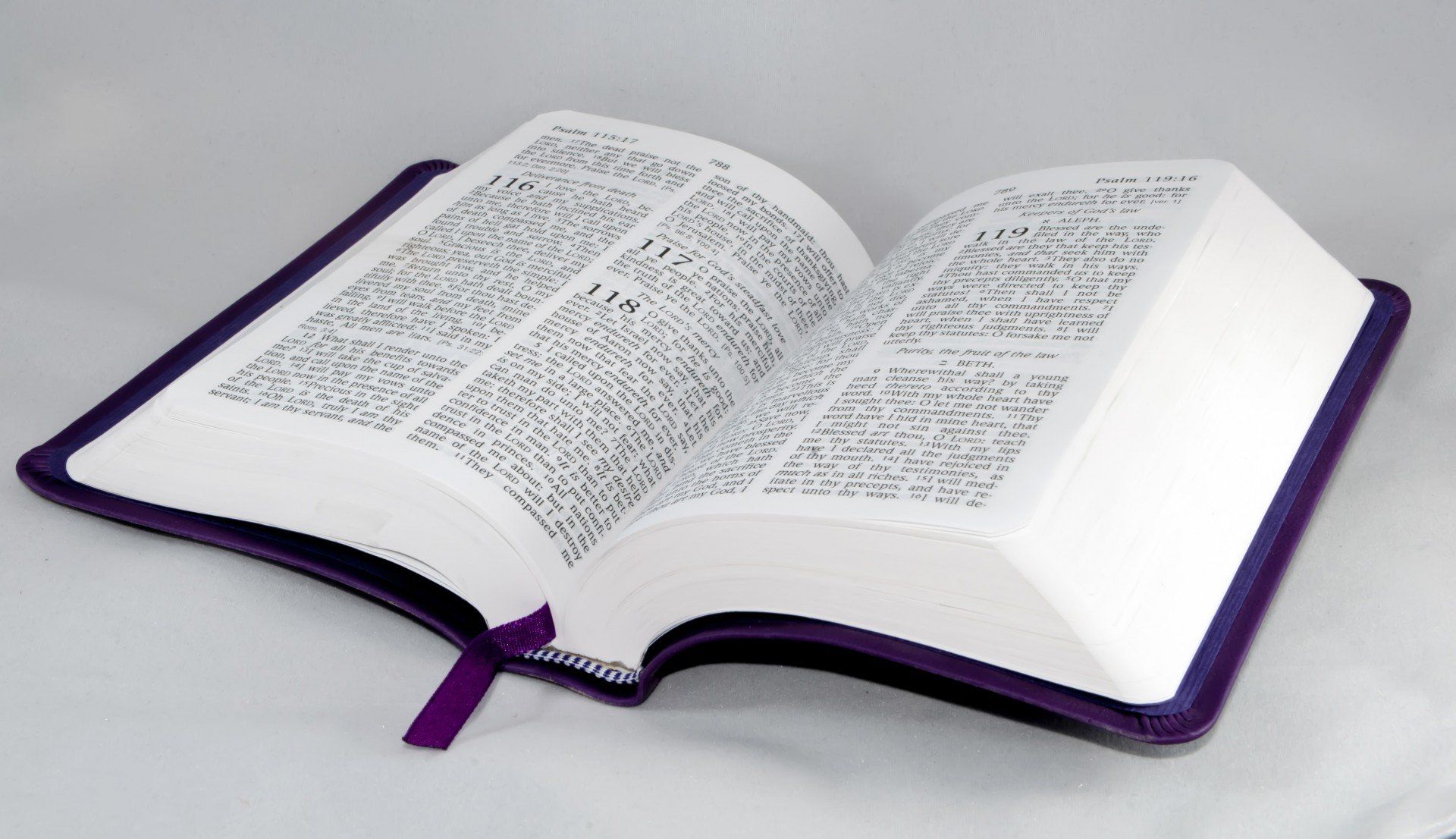JESUS THE MERCIFUL HIGH PRIEST

(Hebrews 4:14-5:10)
The writer of Hebrews had an exalted view of Christ. He is superior to angels, greater than Moses, and far above Joshua. He is, after all, God’s own Son who made purification for sins and is now seated at the right hand of God (1:1-3). He is a merciful and faithful high priest who made atonement for the sins of the people in service to God and has the ability to help us in our trials (2:17-18). He is the faithful Son over all God’s house (3:6). He is the one alone who can give God’s Sabbath-rest to those who believe in him (4:9-10).
Hebrews (4:14-16). The role of the high priest in the Old Testament is impressive. He intercedes with Yahweh on behalf of the nation. He wears special robes. He functions with great ceremony and solemnity. So we can be sure that God wants us to come to his throne of grace. He is our Father! And by the good offices of his one perfect Son, our prayers will be made effective and powerful. As our high priest, Jesus has carried blood – not that of a sacrificial animal but his very own – to the mercy seat. He has presented himself in the very presence of God on our behalf to plead our case. He understands our case because he has lived our weaknesses and experienced the same trials and temptations we face. Our high priest is a real human being, our friend, our kinsman – yet without sin.
The Credentials of Our High Priest
One cannot take the role of high priest to himself. It must be conferred. So the writer of Hebrews moves quickly to make it clear that the One seated on the throne has himself credentialed and ordained Jesus to his unique high priesthood. When he ascended “through the heavens” after his bodily resurrection, he was paving the way for us. He was not only opening heaven’s door but was being declared in his very person “The Way” (cf. John 14:6). Because this is so, we do not have to face down Satan ourselves. We simply “hold firmly to the faith we profess” in the Christ who has already defeated him for our sake.
Every high priest is selected from among men and is appointed to represent them in matters related to God, to offer gifts and sacrifices for sins. No one takes this honor upon himself; he must be called by God, just as Aaron was. So Christ also did not take upon himself the glory of becoming a high priest. But God said to him, (5:1-6).
Just as Aaron was selected and called to his role as Israel’s first high priest, so Jesus was selected and call to his high-priestly function. Yet, just as Jesus is greater than angels, Moses, and Joshua, he is also a greater high priest than Aaron. His priesthood is “in the order of Melchizedek” – a phrase that occurs no less than five times in Hebrews and so must be important. It is such an important fact that our preacher will treat the issue at some length later. For now, he simply tantalizes his readers-hearers by dropping the mysterious name. For now, he only hints at the “forever” significance to Christ’s high priesthood in this special order.
So Why the Distress?
Hebrews (5:7-10). on that horrible night Jesus ended his intense prayer three times – so intense that sweat poured off his body as though he were bleeding – with reverent submission. By saying “ Not my will but yours be done ,” he was essentially committing to obey the Father even if his obedience meant still more anguish and suffering. And it did! Gethsemane gave way to Calvary. If we go back to Hebrews 2:14-18 for a moment, the same thing has already been said in slightly different words. In his oneness with God’s creatures who have flesh and blood, he faced the devil’s ultimate threat to human beings – the fear of death. Like us, he trembled. Like us, he cried out for relief. Unlike some of us, however, he knew that the death of the body was reversible. He knew that his Father could raise him from the dead and restore his life.
He knew full well that “ Not my will but yours be done ” entailed the payment of the death penalty for sin that would bring anguish to his soul beyond anything that could be done to his fleshly body. Cf. Matt. 10:28.] God “heard” the cries of Jesus – both from Gethsemane’s garden and from Golgotha’s tree – and delivered him from the stranglehold of death. By raising his body from the tomb on Sunday morning, heaven signaled that the human race need never again live as captives “held in slavery by their fear of death.”
Jesus learned obedience by trusting the Father to see him through that ordeal. His reverent submission perfected him for his role as trail-blazer for us. In his perfection, he has become the source of eternal salvation for all who ever follow him on the obedient path of reverent submission. Follow Jesus with the same reverent submission he showed the Father, and you will experience the same outcome. Just as his faithful obedience under trial was part of the process that perfected him within God’s greater plan, so is our faithful obedience under trial part of the process of purification and refinement for our faith.
“Because [Jesus] himself suffered when he was tempted, he is able to help those who are being tempted” (2:18 ). So why would the first-century hearers try to face their temptations in their own human strength? With their high priest identified, ordained, and forever at their disposal, why would they struggle with their personal stresses or external tormentors without his aid? He was able to help them!
Bob's Blog









